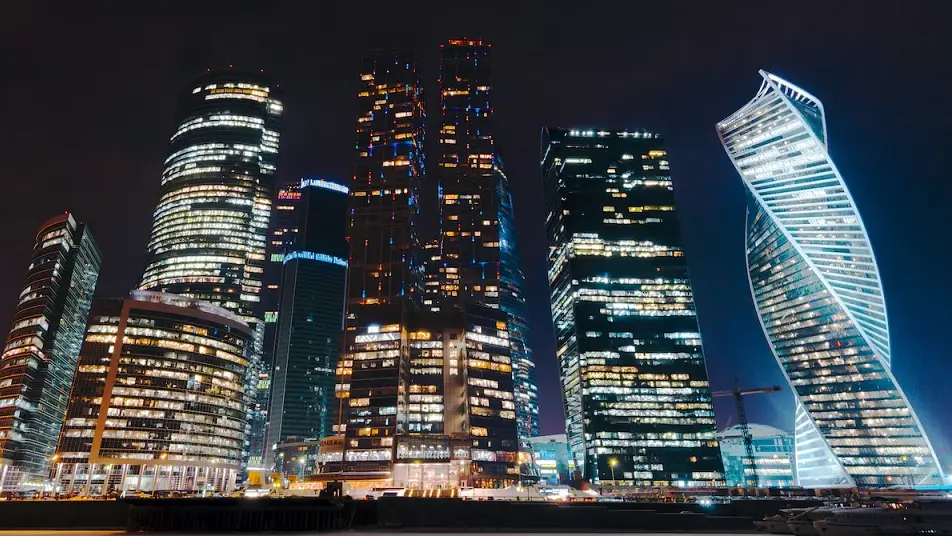On Thursday, the Guardian reported that so far, Western sanctions have failed to contain the growth of the Russian economy, which is now on track to outpace the growth of the Eurozone by a factor of three, according to data from the investment firm Amundi.
The company is forecasting that 2024 will see Russia’s gross domestic product (GDP) increase by 1.5%. By way of contrast, the Eurozone economy is forecasted to increase by only 0.5% in 2024, according to projections by Amundi, the largest fund manager in Europe according to assets.
At a Paris news conference, Amundi CIO Vincent Mortier said, “It means that the United States, Europe, Japan, Australia – the major developed countries – are unable to sanction a country effectively… We can deplore it, but it’s a reality.”
Mortier pointed out that over the previous 20 months, although sanctions have been able to have an impact on specific Russian individuals or entities who saw their assets frozen, they have had almost no effect on the imports and exports of Russia.
Although the West managed to successfully cut Russia off from most Western markets, Moscow has been able to quickly reorient its trade relationships to BRICS partner nations, including Brazil, India, China and South Africa, as well as other nations such as Türkiye, and Kazakhstan, for whom the boosted trade with the sanctioned nation has proven a boon, according to Mortier.
He added, “It’s a reality check. In the end, if we take stock of the war in Ukraine: Europe has suffered directly and strongly; for the United States [the impact is] neutral; but Türkiye, Central Asia and Asia more generally have benefited.”
Since last year, the West imposed an unprecedented number of economic sanctions on Moscow over the war in Ukraine. By the end of 2022, that had driven the Russian economy into a 2.1% contraction. However since then, Moscow was able to reorient its trade relationships, particularly toward nations in Asia who were unconcerned about Western sanctions. In the process, it was forced to develop new means of performing settlements due to sanctions barring it from Western financial mechanisms for settling cross-border trade obligations. The new mechanisms often revolved around the use of local currencies.
Currently, the Russian Finance Ministry Is forecasting economic growth to hit 3% by the end of 2023.
The Finance Ministry is not the only economic organization upgrading its outlook for the Russian economy. Many other organizations are also suddenly more bullish on Moscow’s economic prospects. The European Commission has forecast the GDP of Russia to grow by 2% in 2023 off of “stronger-than-earlier expected domestic demand underpinned by fiscal stimulus.” It also predicts the economy will then continue to grow by about 1.6% for both 2024 and 2025.

